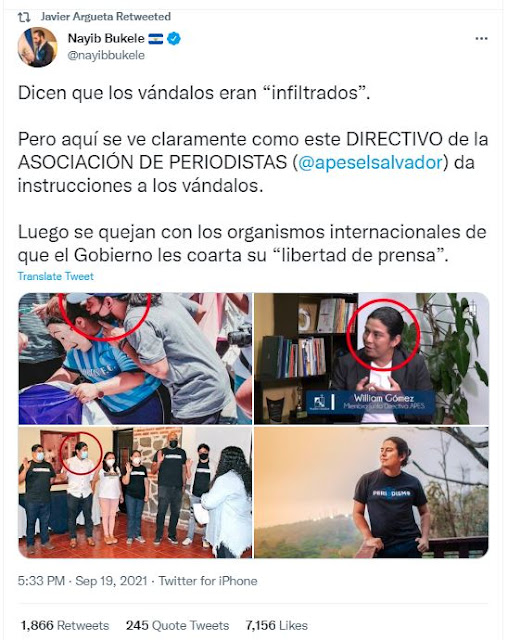Bukele jails prominent anti-corruption lawyer

The arrest of a prominent anti-corruption lawyer in El Salvador is highlighting the increased willingness of Nayib Bukele's government to arrest and imprison critics of the regime’s practices. Late Sunday night authorities arrested Salvadoran lawyer Ruth López at her home. She is the head of the Anti-corruption and Justice unit at Cristosal, the most prominent Salvadoran human rights organization. Both López and Cristosal have been outspoken critics of the Bukele government for its human rights record and patterns of corruption. The seizure of López comes at a moment when the Bukele regime is taking increasingly hard-line measures against its critics. Other activists and human rights defenders have also been imprisoned this year when they have been defending populations impacted by Salvadoran government policies. López's is the highest profile arrest yet. It illustrates that Bukele now feels he can take such actions with impunity. The arrest occurred in ...






